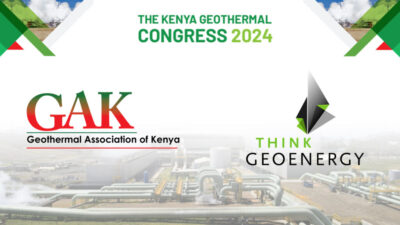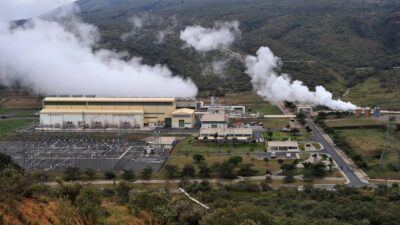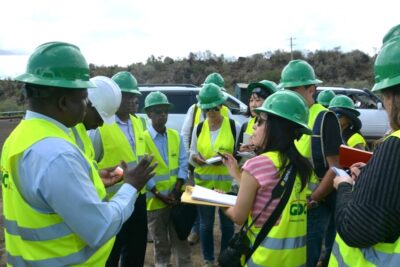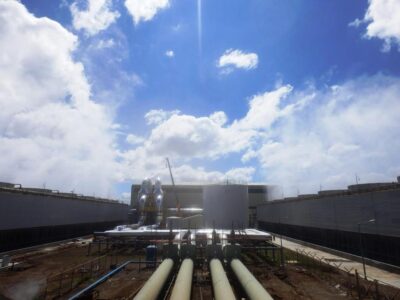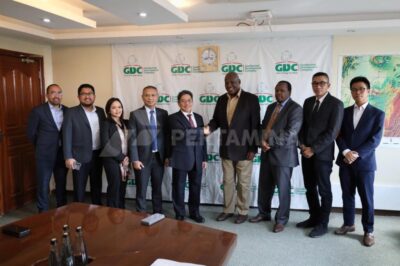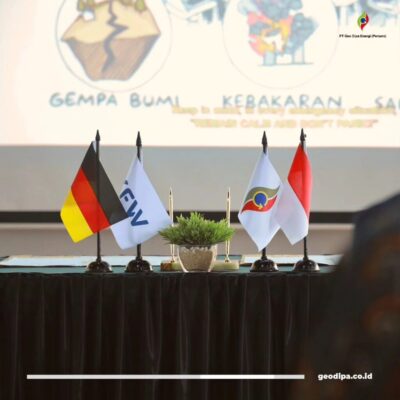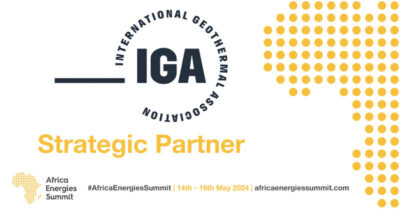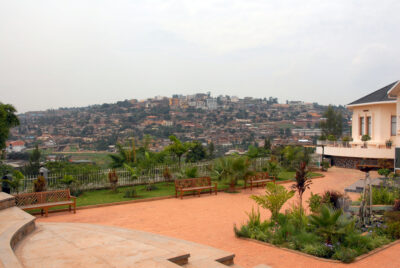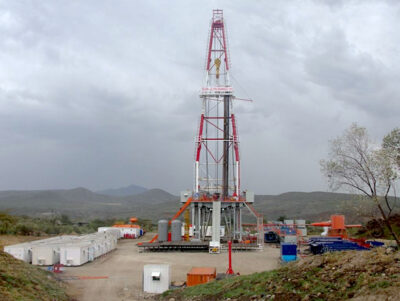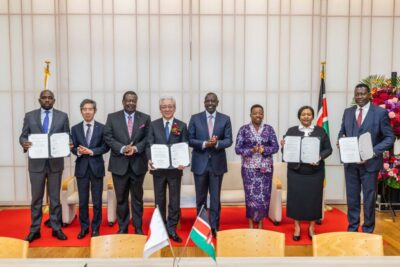Climate Investment Fund approves Kenya’s renewable program with focus on geothermal
The Climate Investment Funds approve the renewable energy program of Kenya, which focuses on geothermal energy. The CIF is a US$6.5 billion financing instrument to scale up climate change financing to developing countries through multinational banks like the AfDB.
Reported in late September, “the Governing Bodies of the Climate Investment Funds (CIF) endorsed Kenya’s investment plan for funding under its Scaling Up of Renewable Energy Program in Low Income Countries (SREP). Developed under the leadership of the Kenyan Government with support from the African Development Bank (AfDB), World Bank Group and inputs from private sector, civil society and community representatives, Kenya has produced a plan outlining development of its multiple renewable energy resources to enhance energy security, improve access to electricity, reduce the cost of supply, and bring substantial economic, social, and environmental co-benefits to local communities.
Economic and financial, along with technical and human capacity, constraints have hindered Kenya’s ability to take full advantage of its natural energy resources, which include geothermal, solar, wind, biomass and biogas. While Kenya has made important institutional and policy reforms to its energy sector, SREP concessional financing, estimated at about USD 50 million, will help absorb high start-up costs and other risks and catalyze financing from the private sector and other sources to help bring Kenya’s renewable energy market up to scale.
The AfDB is working closely with Kenya to prepare one of the first projects in the SREP investment plan: a geothermal plant at Menengai which aims to produce 400 MW of its 1,650 MW potential by 2015. An associated transmission line project will evacuate geothermal power from Menengai to the national grid. This will improve power reliability and stability and reduce system losses on the national grid. It will also avail additional capacity that will facilitate grid extension to other areas.
Menengai is the first geothermal field being developed solely by Kenya’s newly established Geothermal Development Company (GDC), which is responsible for the country’s scale-up in geothermal development. The proposed project will help GDC design and test an investment and project structure that could be replicated to develop other fields. SREP’s capacity building support will also lend credibility to GDC and inspire investor confidence.
In terms of the unit generation cost, geothermal is the most cost effective of Kenya’s renewable energy sources. It is also not affected by drought and climatic variability, has the highest availability factor at about 95 percent, is green energy with no adverse effects on the environment, and is indigenous and readily available in Kenya—an estimated potential of over 7,000 MW spread over 14 prospective sites. Kenya’s current geothermal capacity is 198 MW. Kenya seeks to develop about 5,000 MW of electricity from geothermal by 2030.
Kenya is one of three African nations to pilot SREP; the others being Mali and Ethiopia. SREP aims to scale up the deployment of renewable energy solutions and expand their markets in the world’s poorest countries. It is a program under the CIFs, a USD 6.5 billion financing instrument designed to channel scaled up climate change financing to developing countries through multinational banks like the AfDB.”
Source: AfDB







